Medicinal plant research has been and continues to be considered a fruitful approach in the search for new drugs. The scientific basis that accounts for the present of medically useful compounds in plants is by now well known. Medicinal plants would be the best source to obtain a variety of drugs and, therefore, such plants should be investigated in understand better about their properties. This green inheritance thus represents an enormous reservoir of putative lead compounds to be discovered for various diseases.
Based on this rationale, the present volume Medicinal Plants: Phytochemistry Pharmacology and Therapeutics Volume 2 has been compiled and presents 25 research as well as review communications, lucidly written by stalwarts from various research institutions and universities across Brazil, India, Iran, Korea, Malaysia, Mexico, Nigeria, Norway, South Africa, Thailand, USA etc. Some of the interesting chapters included in this publication are: Antioxidant effect and the hepatoprotective therapy of Rosmarinus officinalis, chemical constituents from phyllanthus amarus schum and thonn and its traditional uses against gastrointestinal disorders, effect of a citrus essential oil in gastric ulcerhealing, inhibitory effects of Jeju seaweeds on NO, PGE. TNF-a, and IL-6 production, mining of novel antifungal proteins from medicinal pants, anticancer effect of alstonia scholaris in mice bearing Ehrlich ascites carcinoma, adaptogenic activity of plantago erosa, role of herbal medicine in HIV/AIDS treatment and management, estrogenic effect of phytoestrogens present in soybeans on the male reproductive system of wistar rats, hypoglycemic effect of allium porrum leaves. The chapter on protective effect of orthosiphon stamineus in acetaminophen-induced hepatotoxicity rats and to evaluate its protection from hepatic injuries by correlating to the phase II hepatic detoxification enzymes in rats is also included. Review chapter on Indian gooseberries have made an attempt to bring together recent work and current trends in the field of modern phytomedicine from different parts of the world. An overview on the current knowledge and understanding of red palm oil dietary supplementation in the onset of oxidative stress related conditions such as cardiovascular disease with special focus on red palm oil dietary composition have been described. Comparative study on the effect of mulberry leaves with that of standard drug-glibenclamide on blood glucose, glycosylated hemoglobin levels and on the activity of gluconeogenic enzymes in NIDDM patients has also been included. The concluding chapter highlights the importance and significance of Labisia pumila as potential source of traditional medicine in Malaysia.

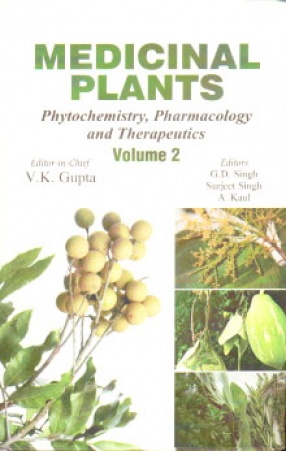
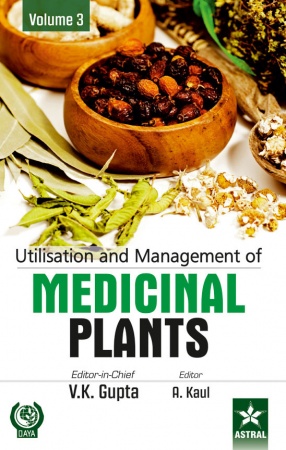
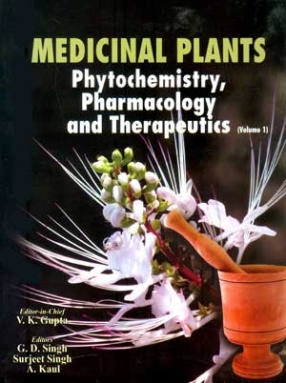
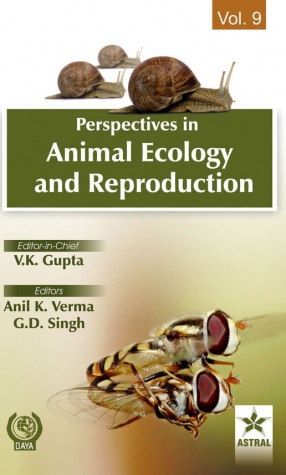
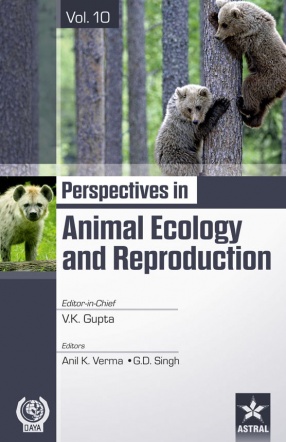
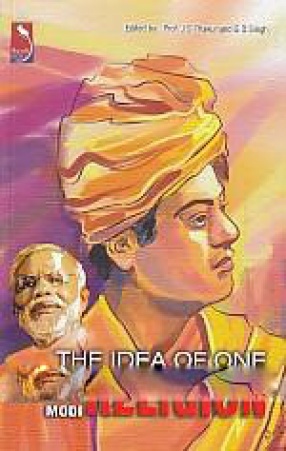
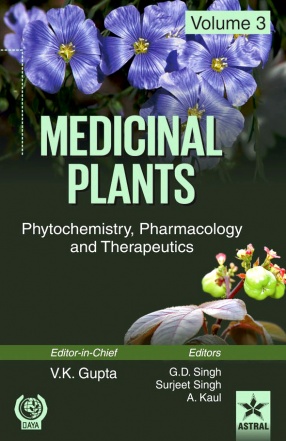
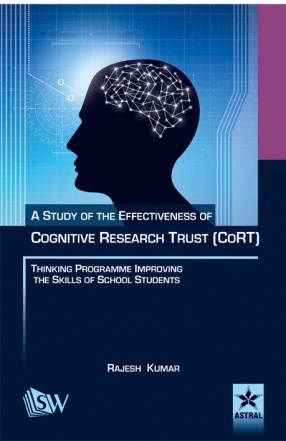
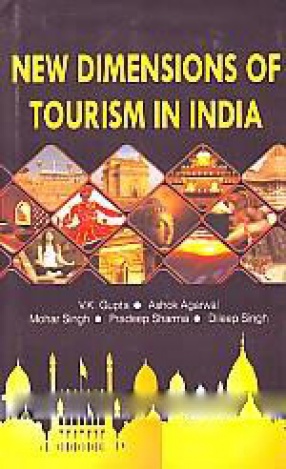

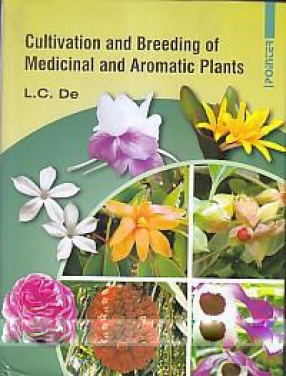

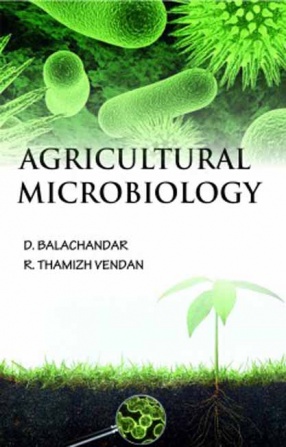
There are no reviews yet.